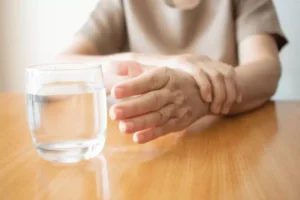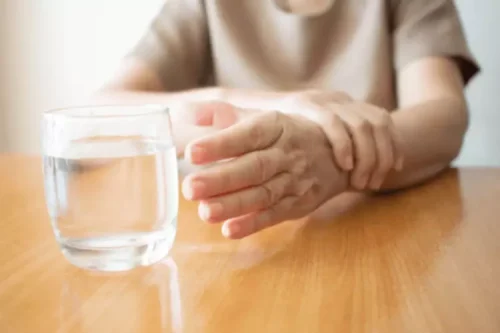
Since they are accustomed to the conduct, loved ones might not notice the symptoms. The symptoms of dry drunk syndrome sober alcoholic meaning can vary depending on the individual and the severity of their alcohol dependence. Common signs include low self-esteem, difficulty coping with stress and changes in the environment, difficulty building relationships, and persistent negative thoughts about themselves or others. Everyone’s journey to recovery is different, and treatment plans must be individualized to meet each person’s unique needs. Seeking professional help is always recommended to manage dry drunk syndrome symptoms and prevent relapse.

Featured Programs
Resources like support groups, individual therapy, and holistic practices can offer the support you need to navigate this phase of your recovery with confidence and optimism. DBT helps you accept strong emotions, navigate their effects, and learn tools for interpersonal communication. This therapy targets the emotions of dry drunk syndrome and the strong feelings that may have led to substance use in the first place. DBT usually takes place in a group setting with a classroom-like structure. You’ll learn new skills, accept your emotions, and explore ways to better yourself. CBT helps you identify and address the thoughts and emotions behind your behaviors.

Treatment Plans and Opportunities
- This mindset can lead to setting unachievable goals and relying on wishful thinking rather than taking actionable steps.
- It’s important to understand that quitting drinking without changing lifestyle, behaviors, and thought processes aren’t enough.
- It’s like hitting a pause button on your progress, leaving you feeling stuck and frustrated.
- Spending time with your loved one, especially on activities you both enjoy, may help them feel more positive and optimistic about life in general.
- This could lead to an exaggerated sense of self-importance, as you believe you’re owed praise.
Moreover, post-acute withdrawal symptoms (PAWS) caused by dry drunk syndrome may linger much longer than expected. Proper treatment and support make it possible to stay healthy even after dismissing your addiction. Coping with cravings for alcohol may involve identifying triggers, developing alternative coping strategies, alcoholism symptoms and seeking support from peers or professionals.

How Long Does Dry Drunk Syndrome Last?
- Other recovery rules include honesty, asking for help when needed, practicing self-care, and not bending the rules.
- Helps get lives back on track from substance use and behavioral addiction.
- These include “innocent” replacements, like caffeine, and even narcotics like cocaine.
- Over time, the negative effects begin to pile up, including physical health issues, difficulties at work, problems with one’s partner or other family members, and worsening mental health symptoms.
Of course, it’s important to set (and enforce) clear boundaries around behavior that affects you negatively, like angry outbursts or dishonesty. But it’s also important to cultivate patience as they work toward making changes. “Treatment should focus on understanding and treating why someone turned to alcohol,” Turner says. Try talking to your treatment sponsor, accountability partner, or member of a peer support group. Chances are, more than a few people have traveled a similar road.
The Psychology of Dry Drunk Syndrome

Journaling or discussing your feelings with a therapist or support group can help you find emotional support. Someone can be sober, meaning they aren’t using drugs or alcohol, but they might not have fully dealt with the underlying contributors to the original alcohol use disorder. Recovery, by contrast, is a process of physical and emotional healing from the disease of addiction. According to the National Institute on Drug Abuse6, recovery is a change process. As part of this process, people improve their complete health and wellness, live in a self-directed way, and work toward reaching their full potential.
